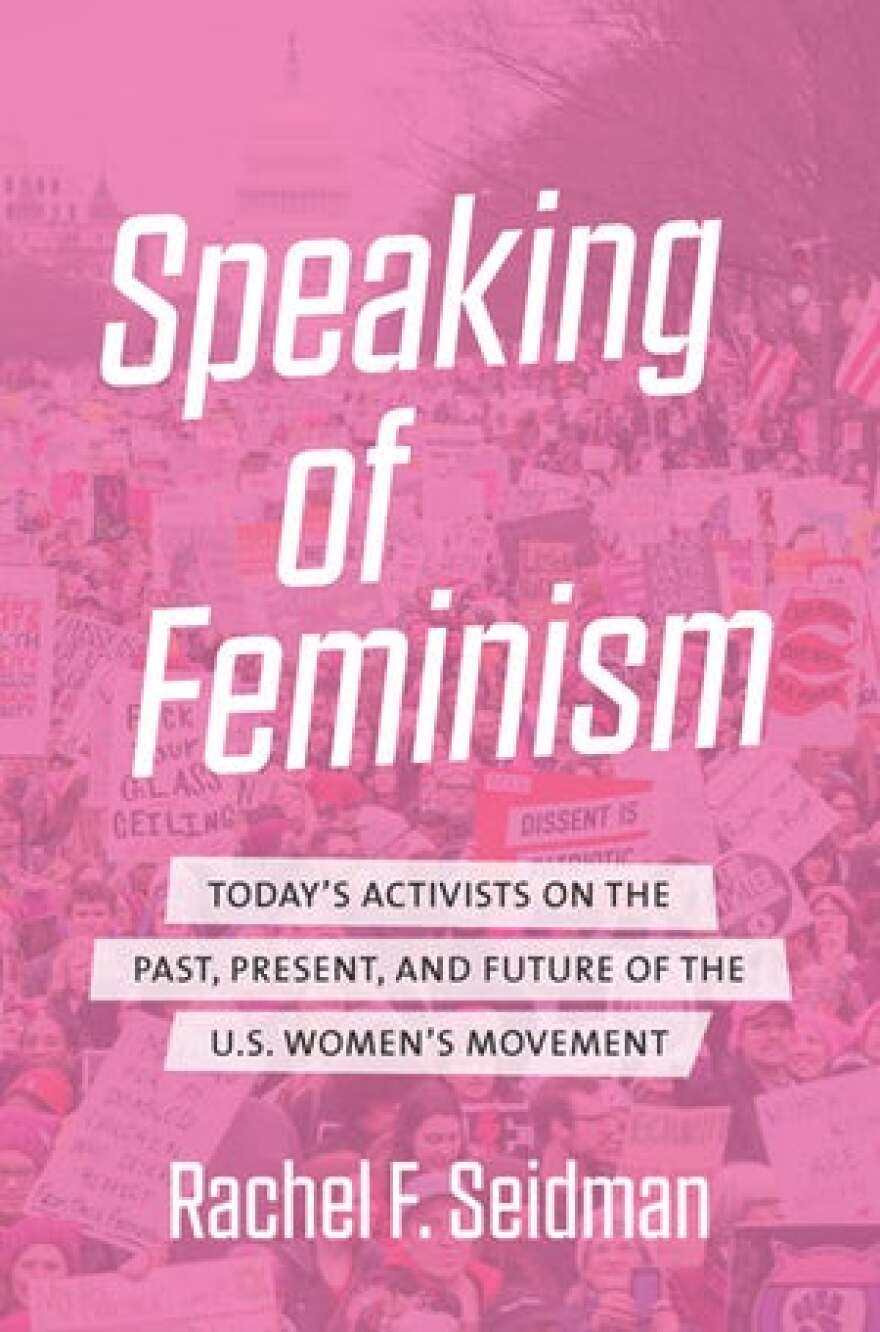Why is feminism imagined as waves? These ocean waves, crashing then retreating, can make it appear like ideas come out of nowhere and eclipse everything that came before.
Oral history provides different frameworks for understanding the history of feminist activism. Personal narratives of the movement capture the constant push and pull of ideology and action — how the definition "feminist" is constantly evolving and sometimes is irrelevant to real social progress.
Historian Rachel Seidman presents young activists’ perspectives on the feminist movement in her new book “” (University of North Carolina Press/2019). Seidman organized the collection of oral histories by age cohorts, featuring interviews of activists in their 40s, 30s and 20s. Common questions emerge within each age group — concerning professional activism, global organizing through social media and trans exclusionary language — and readers can hear the full human range of activists’ regrets and reflections.
Host Anita Rao pulls apart the historical layers of feminist activism with , director of the Southern Oral History Program and adjunct assistant professor of history and women’s and gender studies at the University of North Carolina at Chapel Hill.


